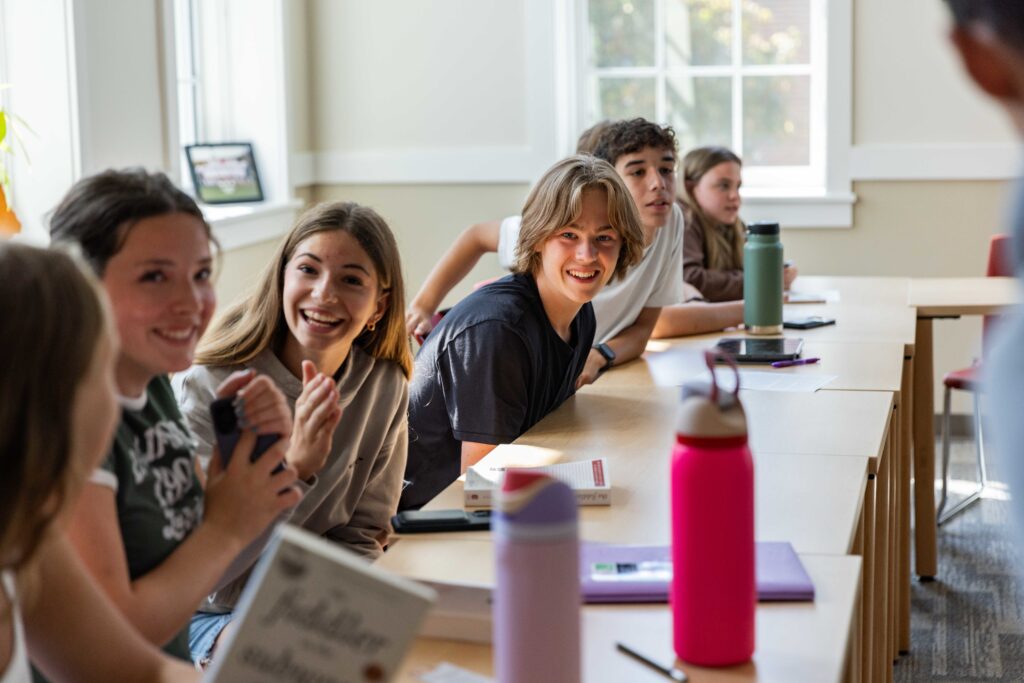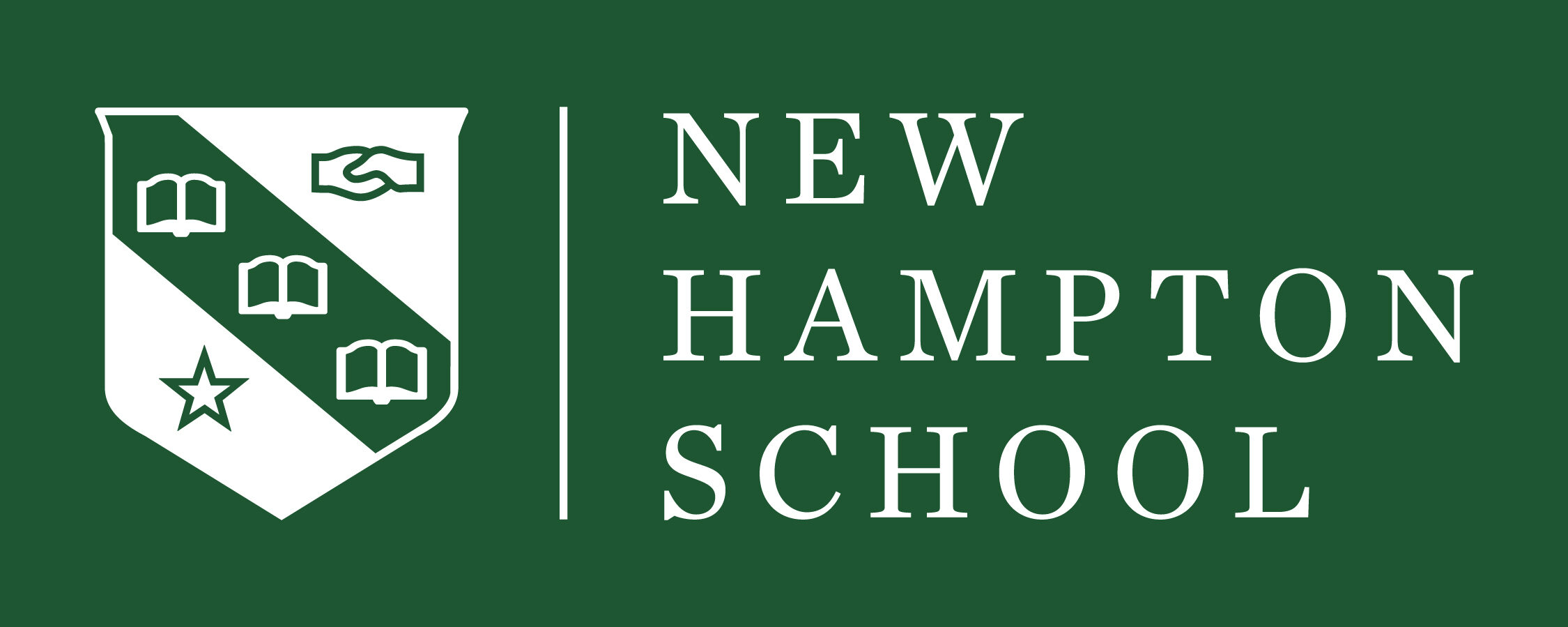This year’s All-School Read of The Fault in Our Stars by John Green has sparked engaging conversations across grade levels, reflecting on profound themes of love, loss, fear, and legacy. While the novel’s emotional depth offers universal takeaways, how each grade level approaches the text brings out unique insights and fosters growth in our students. By tailoring the discussions to the developmental stages of our learners, our English faculty has crafted thought-provoking experiences that challenge students to reflect on both the novel and their own lives.

IB Year 2: The Literary Merit Debate
In the IB Year 2 classes, students dove into a higher-level conversation on what defines literary merit. The assignment required students to argue for or against the inclusion of The Fault in Our Stars on the IB Literature reading list. Through essay writing and presentations, students weighed the novel’s themes, narrative structure, and overall impact on readers.
This grade-level focus prompts important discussions about what makes a book “good” and why certain texts endure as classics. It also allowed students to explore the larger question: Why do we read literature? The exercise of supporting arguments with evidence, coupled with the subjective experience of reading, empowered students to think critically and engage in deeper literary analysis.
IB Year 1: Personal Reflection on Themes of Fear, Loss, and Support
In contrast, IB Year 1 students took a more introspective approach. They wrote essays connecting major themes from the novel—such as fear, loss, and support—to their own lives. This reflective practice not only made the novel more personal but also provided students with an opportunity to think about their own experiences with hardship and the importance of strong support systems.
At New Hampton, where students are often far from home, this theme resonates strongly. Our community is a place where coaches, teachers, and peers become an extended family, helping students navigate the challenges of adolescence. This reflective exercise encourages our students to recognize the strength they gain from these relationships and how they, too, play a role in supporting one another.

World Literature (10th Grade): Journals on Legacy, Language, and Grief
In World Literature, 10th graders explore complex questions through journal entries. They grapple with abstract yet meaningful questions like “What does it mean to leave a legacy?” and “Is a little time with someone better than no time at all?” By answering these prompts, students learn to apply the novel’s themes to real-world dilemmas, such as grief and the human need to make an impact.
This emphasis on legacy is particularly relevant in a school setting. The students consider how their actions and relationships shape the mark they will leave behind, both at New Hampton and in the world beyond.
Literature & Composition (9th Grade): The Power of Resonance
Ninth graders began their exploration of The Fault in Our Stars by reflecting on a personal connection to the text. Students were asked to identify something that resonated with them, whether it was a character, theme, or even a specific quote. This exercise allowed them to engage emotionally with the novel while also practicing essay writing, making it both accessible and academically rigorous.
By focusing on personal resonance, the ninth graders began to develop critical thinking skills early in their academic journey, encouraging them to look for deeper meaning in the literature they read.

Why The Fault in Our Stars Was the Right Choice for Our Community Read
One of the most compelling aspects of The Fault in Our Stars is how it tackles universal themes—support, fear, family dynamics, and legacy.
Students may often face the fear of stepping into new situations—whether it’s moving to a new state, adjusting to a new roommate, or trying out for a team or club. This shared experience of overcoming fear aligns beautifully with the novel’s exploration of how the characters confront their own fears. Similarly, the concept of family, as portrayed in the novel, takes on a broader meaning here at New Hampton. While students may be many miles from their families, the bonds they form with friends, teachers, and coaches create a powerful sense of belonging and support.
Lastly, the theme of legacy speaks to both students and the institution. New Hampton aims to leaves a lasting imprint on each student, shaping their character and values. In return, students consider the legacy they will leave behind, reflecting on how their time at New Hampton will impact both their future and the School’s continuing story.
As we continue to engage with The Fault in Our Stars this fall, we see how it fosters important discussions about life’s biggest challenges and the human connections that help us navigate them. Whether through deep literary analysis or personal reflection, each grade’s distinct approach to the text has created space for our students to grow as both readers and individuals.




